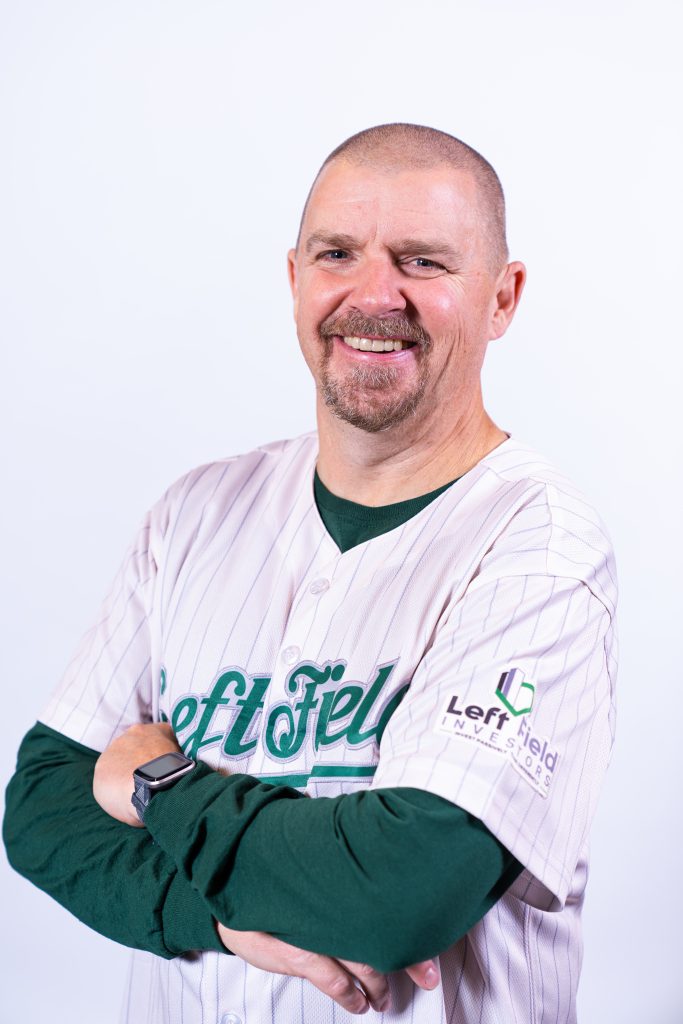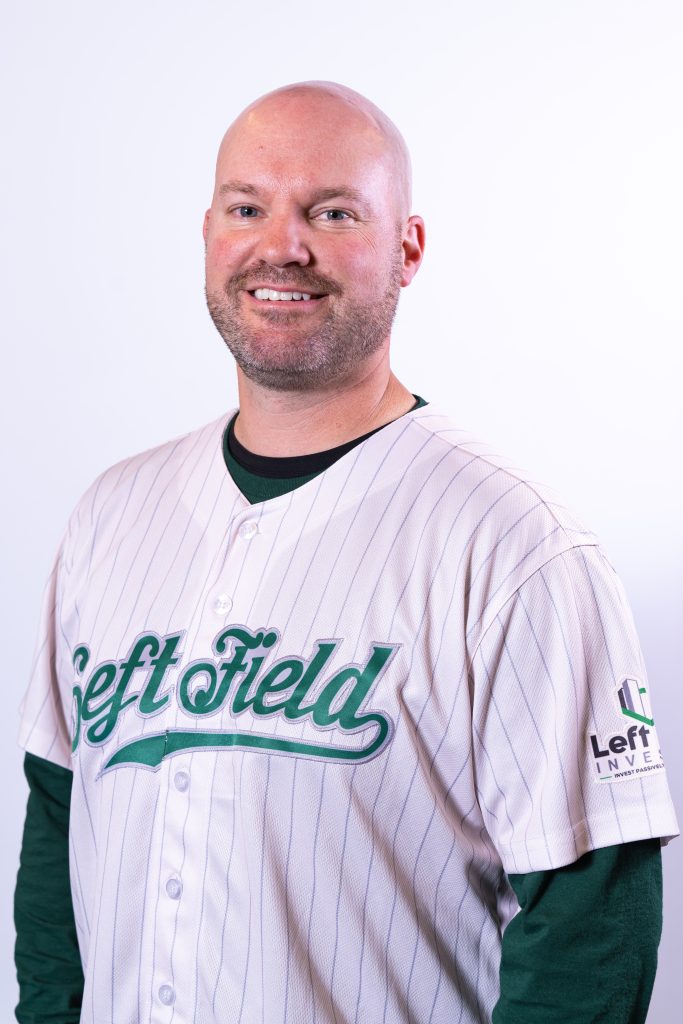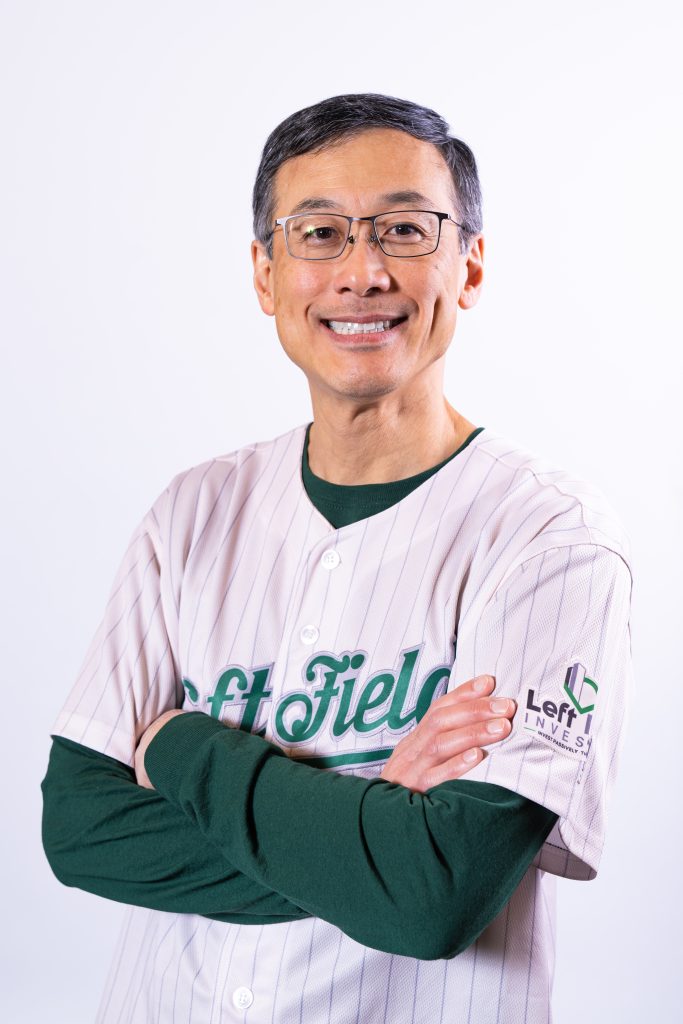“Time is money.” – Benjamin Franklin
“Time is MORE valuable than money. You can get more money, but you can’t get MORE time.” – Jim Rohn
Most of us don’t go to school to make time, we go to make money, right?
In dental school and residency, I can’t ever recall saying, “I can’t wait to get out and start making time!”
Now that I’ve been practicing almost 20 years, time is the ONE thing that is MOST important.
Why is that?
Try this. Take out your wallet and place a one dollar bill in front of you.
Go ahead, I’ll wait.
Next, start the timer on your watch/phone for one minute and wait.
Finished?
Guess what, you just proved to yourself what the more valuable resource is, Time.
It’s easy to make more money but you can’t get that minute back can you?
But time on the other hand is invaluable. Similar to land, they’re not making anymore of it.
Bill Perkin’s fantastic book, Die With Zero, was a wake up call for me.
I knew before reading it how precious time was but the book brought with it a whole new perspective on how to think about life, money, health and freedom of time.
The book recommends that we should start focusing on creating memorable experiences once we’ve saved enough to fund retirement.
Perkins recommends the earlier the better so we’re still healthy enough to enjoy these experiences instead of waiting until we’re too old.
But what do most of us do? Many times we stay in the rat race until it’s too late…
Are You Caught In The Rat Race?
After we exit training, we’re on top of the world. We’re young and healthy, have a great education under our belt and a great income to look forward to.
We’re eager to get started with the working life as we’ve put it off for years since finishing college.

But what we fail to realize is that right away we enter the rat race.
What is the rat race?
The Oxford Dictionary defines rat race as:
“A way of life in which people are caught up in a fiercely competitive struggle for wealth or power; an exhausting, usually competitive routine.”
Sound familiar?
I know plenty of doctors and other professionals that live this way. As a matter of fact, you may be living like this or know someone that is.
People fail to realize that when they’re in the rat race, their main focus is on making money to buy stuff to impress people that don’t care about them.
It’s a daily struggle.
Related article: Escape The Rat Race: What School Failed To Teach You About Money
I understand that it feels good to have a nice home, cars, and clothes.
However, there’s a difference between enjoying these non-essential things and putting value into them. THINGS are not valuable.
But over time something else starts to happen while you’re in this “race.”
- Your family sees less of you.
- You’re always late for dinner.
- You think about your bank account balance too often
- You miss out on kid’s sports and school functions.
- Friends become a distant memory.
At this point you may or may not realize that your life revolves around trading time to earn a living to afford stuff yet it’s impossible to find time to enjoy them.
Financially you may be rich but you’ll always be time poor.
The bottom line is this: If you’re in the rat race, you don’t have a lot of time for anything but getting up and putting in a 8-10+ working day on a regular basis.
But the good thing is that something can be done about your situation.
There are better ways (we’ll discuss soon) to achieve enough time to give you financial independence.
But first, let’s define exactly what time freedom is.
What Is Time Freedom?

The best way to describe time freedom involves reflecting back on a previous vacation you’ve taken.
Close your eyes and think back to a recent one…
Remember waking up and not having to worry about being late for work?
You could eat whatever and whenever you wanted to (I like that part!).
If you chose to take a morning walk with your spouse, nothing was scheduled to prevent it from happening.
Your free time was limitless.
Unfortunately, vacations are the only small glimpse of time freedom busy professionals experience during their working careers.
Time freedom is about being intentional with where to invest your time.
For example, today I’m looking forward to watching my son play in his first spring football game as quarterback. I’ve freed up time to allow this to happen.
Having time freedom means you understand the importance of your time and direct it on the events, meaningful things and people that matter most to you.
It makes you appreciate the time you have now and allows you to slow down and experience what life currently has to offer.
I want this for each and everyone of you.
Time freedom allows you to live life with a purpose and on your own terms. Not someone else’s.
3 Ways You Can Achieve Time Freedom
Here’s 3 ways you can start now to ensure you have enough time to increase your time freedom:
#1 Calculate what you’re spending time on
If your goal is more time freedom then the first step is determining where you spend your time.
“If you can’t measure it, you can’t improve it.” – Peter Drucker
Here’s a few stats for you:
Sleep – The average person in the United States sleeps 8 hours and 33 minutes on weekdays and 9 hours 28 minutes on weekends. (Obviously I’m NOT average)
Work – I understand that this can vary depending on your profession. The majority of Americans work 40 hours a week. Some more, some less. Some of us work overtime and others have more than one job. Most doctors work 70+ hours a week including weekends.
Pets – Pet owners spend about 45 minutes a day playing and exercising with their pets.
Social media – The average person spends (wastes) 144 minutes each day on social media. It’s not surprising that 16-24 year old individuals spend the most time on social media – 3 hours daily.
Leisure time – Here’s how we spend our down time:
- Watching TV – Americans average 2.5 hours a day in front of the tube. (I would have thought longer)
- Exercise – What’s the point in wealth without health, right? On average, men exercise 1 hour and 42 minutes a day while women exercise for 1 hour and 18 minutes.
- Eating and Drinking – We average about an hour and 11 minutes for meals and snacks.
- Shopping – Americans average 46 minutes a day grocery shopping and 50 minutes a day shopping for other items.
- Reading Americans age 15-54 spend 10 minutes or less reading for personal interest while those 75 or older spend 48 minutes a day. Senior citizens read more. The older we are, the more we tend to read.
Related article: The 7 Best Books To Become Rich
Take out a pen and paper and write down the average amount of time you spend with activities in a typical week. Compare to the averages above and see where you stand.
Next, mark which you love, those you can’t stand and others either you’re not good at and wish someone else would do them.
By performing this exercise, it will give you greater clarity on what you should STOP doing in order to have better time management.
#2 Eliminate DEBT
“The borrower is slave to the lender.” – Proverbs 22:7
Finishing dental school and a residency put us $300K in the hole.
Not fun.
I learned the HARD way (not from craps!) that when you’re in debt, your time is NOT your own.
Whenever you borrow money, you have to pay that person/entity back what’s owed and then some. This entire process severely restricts you from living your dream lifestyle.
As you get up to work each morning while in debt, the money you earn actually belongs to someone else.
My wife and I used the Dave Ramsey’s Debt Snowball to become consumer debt free.
Here’s an overview of the Debt Snowball:
● List your debts from smallest to largest
● Make the minimum payment on all debts except the smallest one
● Throw all extra money toward the smallest debt until it’s paid off
● Once that one is done, start with the next on the list
● Use the money you were already paying on this debt plus the amount you were throwing at the first one and add the two together
Related article: The Truth About Debt – The Borrower Is Slave To The Lender
Once you reach debt-free status, you regain your time back. Your income now goes into YOUR pocket to fund YOUR future.
Speaking of your future, here’s the final step to time freedom…..
#3 Invest in assets that produce cash flow
I took my 14 year old son and two of his friends swimming yesterday. At one point during the car ride, their conversation turned to what each of them were going to “study” in college.
Medicine, finance and business were all discussed.
I love it when kids talk about their future as it’s a PERFECT time to ask questions that make them “think.”
I asked them, “Do you want to work so many hours a week and get paid by the hour like most people or do something else that frees up your time but you STILL get paid?”
After a few seconds of silence, their brains went to work with questions such as:
● How is that possible?
● What do you mean doing something that frees up our time?
● I didn’t know that there was another way to get paid instead of by the hour?
● Can you tell us more?
Whenever you can find a topic or scenario to spark a conversation about finances with your kids at an early age then I encourage you to do it. Where else are they going to learn it from?
I went on to explain how most people get paid based on how many hours a week they work. The only way to increase income using this model is by trading MORE time for money.
With only 168 hours a week, at some point your income will be capped. Unfortunately, this is what the majority does in order to live.
I went on to explain the concept of passive income and the definition of financial freedom.
I want good fortune for my kids and teach them how to set big goals for their future.
I introduced the concept of trading time for money or taking some of that money they’re going to make and invest in assets that cash flow.
By doing this, they can eventually replace their living expenses thus freeing up their time.
As you can imagine they chose the second choice and recommended they get started by reading Robert Kiyosaki’s Rich Dad Poor Dad For Teens.
Why Most People Die Before 25
I want to leave you with something that will take less than four minutes of your time but very powerful to make you think long and hard about how you’re currently living.
Dr. Jeff Anzalone is a periodontist, author and CEO of Debt Free Dr. He helps doctors and other high-income professionals reach financial independence in seven years or less with passive real estate investing
Nothing on this website should be considered financial advice. Investing involves risks which you assume. It is your duty to do your own due diligence. Read all documents and agreements before signing or investing in anything. It is your duty to consult with your own legal, financial and tax advisors regarding any investment.

